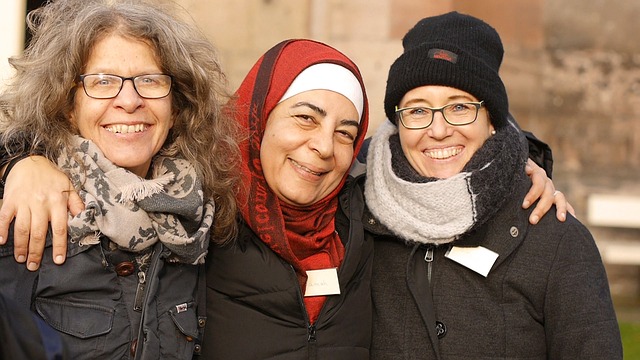From Resettled Refugees to Humanitarian Actors: Motivations, Modalities and Implications of Diaspora Humanitarianism
This post forms part of our series in showcasing abstracts of presentations featured at our annual postgraduate interdisciplinary conference on refugee and forced migration research, hosted in October 2017 at The University of Melbourne.
Louise Olliff
Refugees resettled to Australia often establish small voluntary-run organisations to mobilise resources and implement humanitarian projects targeting displaced populations in other parts of the world.
These ‘everyday humanitarians’ raise money for schools and health centres, purchase wheelchairs and water pumps, send material aid, facilitate migration outcomes, and advocate at different levels to draw attention to the plight of ‘their people’. The capacity of resettled refugees to draw on transnational social networks, contextual knowledge of humanitarian situations and systems, mobility enabled through resettlement, and (in)visibility, makes them distinct humanitarian actors.
Although not ‘new’ in their actions, there is increasing interest in what role refugee diasporas could or do play in responses to forced displacement. Based on multi-sited ethnographic research in Australia, Thailand, Indonesia and Geneva, and interviews with representatives of 26 refugee diaspora organisations formed in Australia, this presentation focuses on the motivations, modalities and implications of diaspora humanitarianism.
Louise Olliff is due to complete her PhD in anthropology at the University of Melbourne in January 2018. Her thesis, ‘Refugee diaspora organisations in the international refugee regime: motivations, modalities and implications of diaspora humanitarianism’, involved ethnographic research in Australia, Geneva, Indonesia and Thailand. Louise also works as a Senior Advisor for the Refugee Council of Australia.
